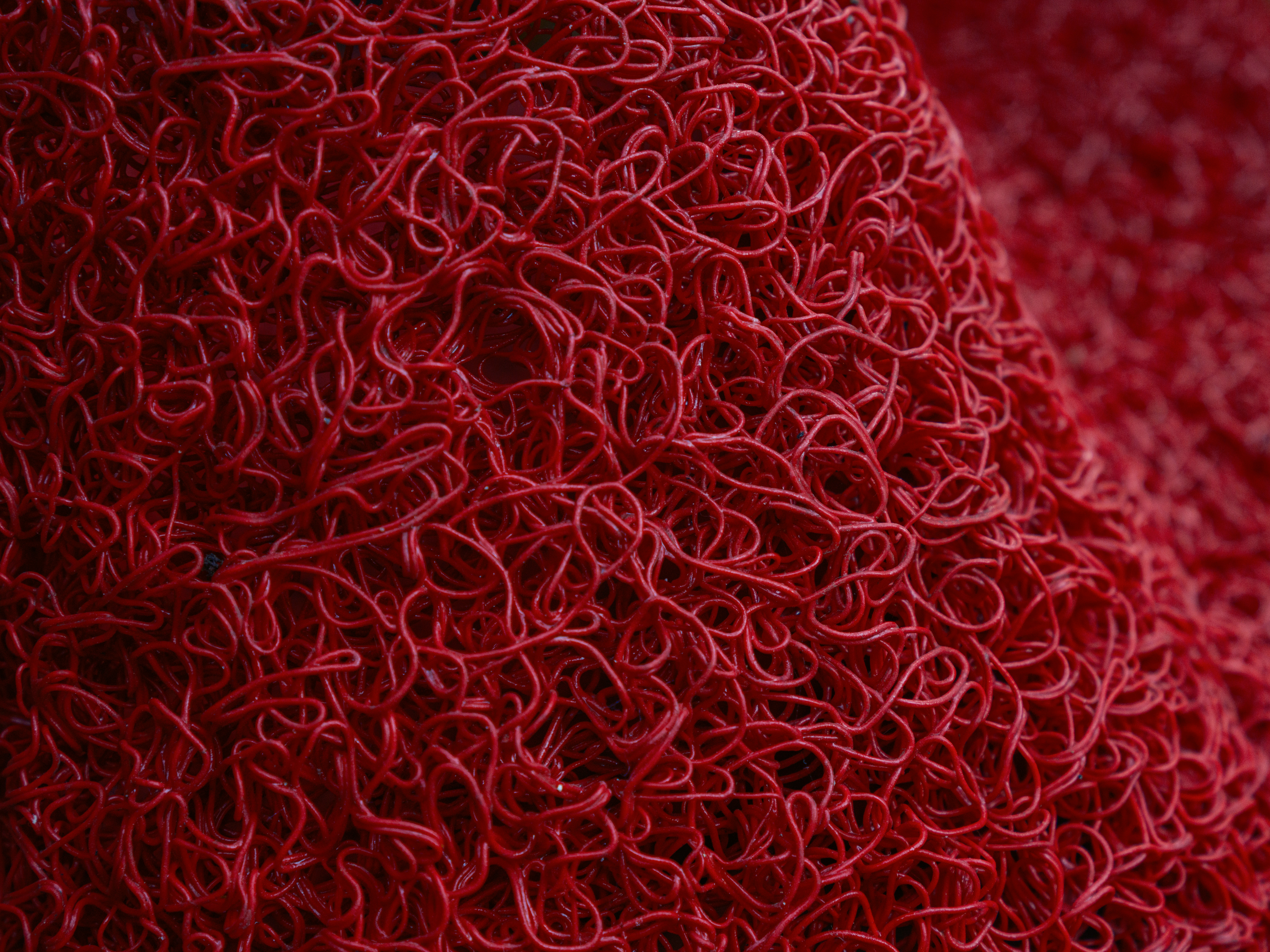Recently, a question I’ve been getting a lot is, ‘Do genetics play a role in the development of hemorrhoids?’
Most of us know that they appear because of lifestyle issues or existing medical conditions. However, many people worry if the risk of developing this troubling condition is hereditary or congenital.
Well, the answer is that yes, they can play a part. But it’s more complicated than a simple ‘Yes, they do.’
Today, I’ll break down how your genes affect the chances of developing this distressing ailment. By the end, you’ll have a full grasp of the question, ‘Do genetics play a role in the development of hemorrhoids?’
Who Is Most Likely To Get Hemorrhoids?
Anyone can develop hemorrhoids regardless of background and medical history. However, my research and efforts to help people with the condition reveal that specific lifestyle patterns and contexts increase the risks.
- As you grow older, your body also weakens, and anal tissues are also victims of this process, making the person more vulnerable to hemorrhoids.
- People struggling with excess weight also tend to develop hemorrhoids owing to the additional strain and pressure on the lower abdomen.
- Sedentary and inactive lifestyles can also aggravate this condition. Sitting for long periods puts excessive weight on the anal muscles.
- Pregnancy can introduce extra pressure on your pelvic area, straining the muscles and causing hemorrhoids.
- Irregular bowel movement puts erratic pressure on your anal muscles and tissues, which can lead to hemorrhoids too.
- Finally, a genetic dispensation can also cause hemorrhoids indirectly.
- I’ve seen that most cases of hemorrhoids owe their existence to one or more of these behavioral and physical factors. So, don’t rule out one cause as the only reason because that may stifle your efforts to cure the condition.
Also, take comfort in the knowledge that genes are NOT the single biggest cause of hemorrhoids.
What Is The Most Common Cause Of Hemorrhoids?
In my observation, most people who develop hemorrhoids owe it to sitting on the toilet for extended periods.
Long sessions in the privy room put continuous pressure on your anal tissues. So, people who strain excessively while in the toilet increase the risk of creating this awful condition.
For those worried about their genes causing it, the comforting news is that very few people under my care owe the condition to their genes. But genetic conditions like tissue-swelling tendencies may add to the risk of developing hemorrhoids.
The genetic component is not a big enough reason to worry about inheriting the condition. However, you should start making changes if any of the primary causes described above fit your lifestyle. Experts believe that even emotional states like stress can lead to habits that increase hemorrhoid risk.
However, it’s still advisable to remember the daily actions and positions that worsen the condition. That way, you can minimize these actions and avoid the condition altogether.
Are People With A Family History Of Hemorrhoids More Likely To Develop The Condition Themselves?
Hemorrhoids aren’t contagious or hereditary if you consider them as a medical condition in the strictest sense.
However, people whose bloodline includes many hemorrhoid cases may be more prone to the condition. So, sadly, descendants of people with hemorrhoids may be slightly more likely to develop it compared to other healthy individual.
I want to acknowledge here that genetics alone do not guarantee hemorrhoids in a person. But they influence or increase the risk of the ailment if paired with the sedentary and straining lifestyles listed earlier.
Let me describe a particular case to illustrate this point.
I’ve been helping a friend who has struggled with hemorrhoids over the years. Her desk job involved a lot of sitting around and squatting on a chair for long hours. As she went through her third pregnancy in her late 30s, instances of hemorrhoids increased further.
We found out through doctor-advised tests and assessments that her family was prone to experiencing a decline in muscle and tissue composition with age. The weaker tissues around the rectal area meant that inflammation and swelling of anal veins became more likely for her.
Remember, the primary causes were her regularly seated lifestyle and the pregnancy’s added weight. However, the added genetic element of weaker muscles worsened the situation. The doctor also suspected that this genetic trait may have caused more frequent hemorrhoids in her parents or grandparents too.
So, it’s clear that the main movers were the constantly-seated profession and the months of pregnancy. But her genes also contributed to the condition. So, people who have a long family history of putting up with hemorrhoids become more prone to the condition if they lead a sedentary lifestyle.
Can Genetic Testing Be Used To Determine An Individual’s Predisposition To Developing Hemorrhoids?
There’s no specific medical test that measures your genetic propensity to develop hemorrhoids.
However, there are related tests that assess specific genetic conditions that may promote some health issues, like hemorrhoids.
For instance, a muscle biopsy is a procedure that tests your muscle tissues for enzymes, proteins, etc. The test can reveal if there is an enzyme deficiency that makes your tissue more prone to inflammation.
Let’s imagine that the results show your muscles and tissues to be genetically predisposed to inflammation more than the average person. That’s an indication that you may face higher risks of hemorrhoids if you include one of the core lifestyle habits that cause the condition.
Doctors may also recommend bowel function tests that study how well/poorly your stool moves. Such a test may show your tendency to experience constipation. This will put more pressure on your colon and rectal area, which means a higher risk of developing hemorrhoids.
So, medical tests can indirectly reveal your risk of hemorrhoids even though there are no direct genetic tests that determine your predisposition to developing the ailment.
Conclusion
To summarize, let’s revisit the question we posed in the beginning, ‘Do genetics play a role in the development of hemorrhoids?’
The answer is yes, it does. However, its influence on the condition is not as vital as the lifestyle elements that cause hemorrhoids in the first place.
Expecting a baby and dreading hemorrhoids? Check out the guide on how to manage hemorrhoids when you’re pregnant.







